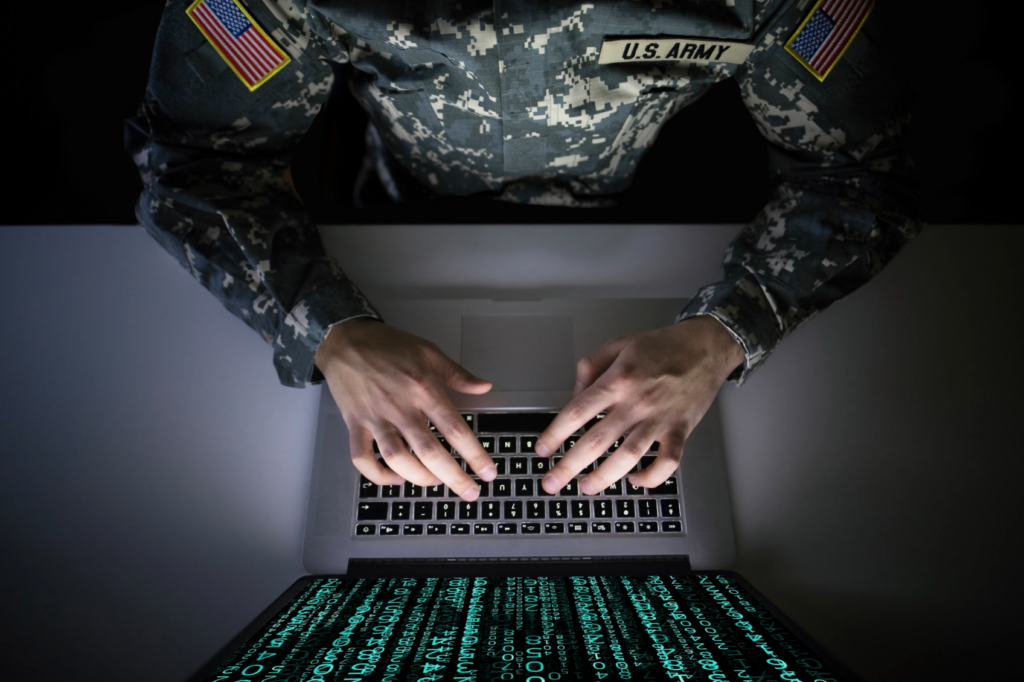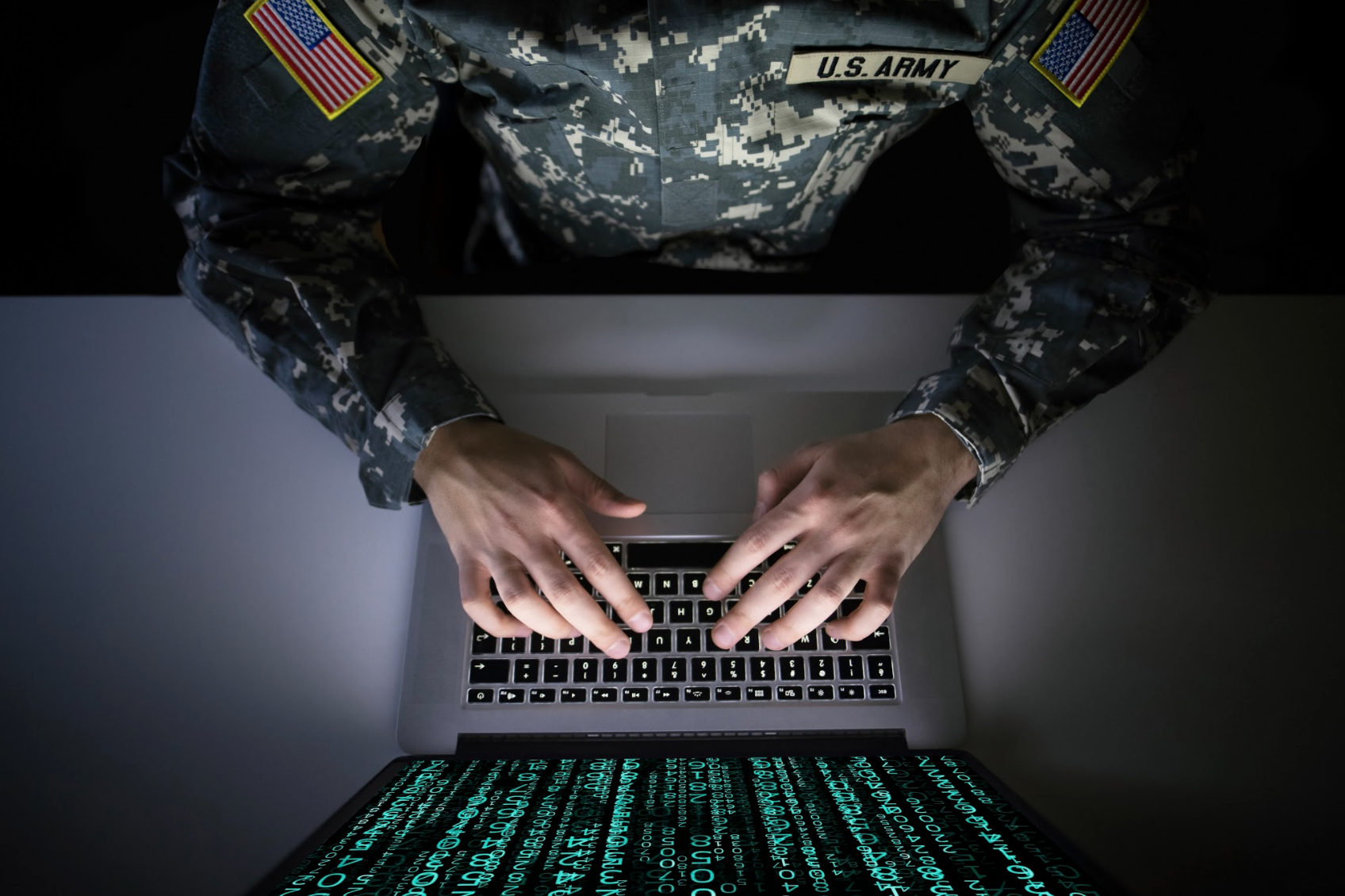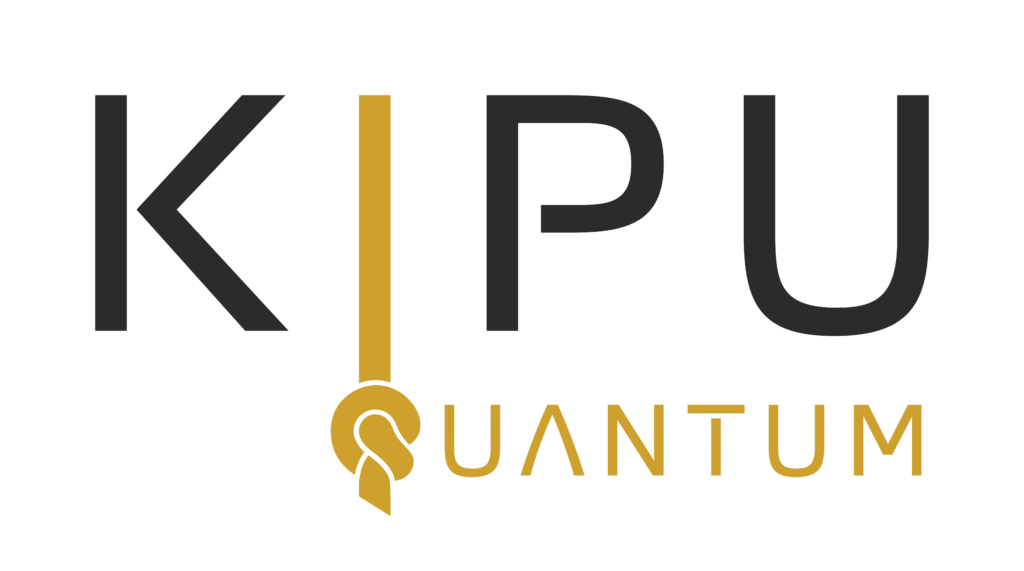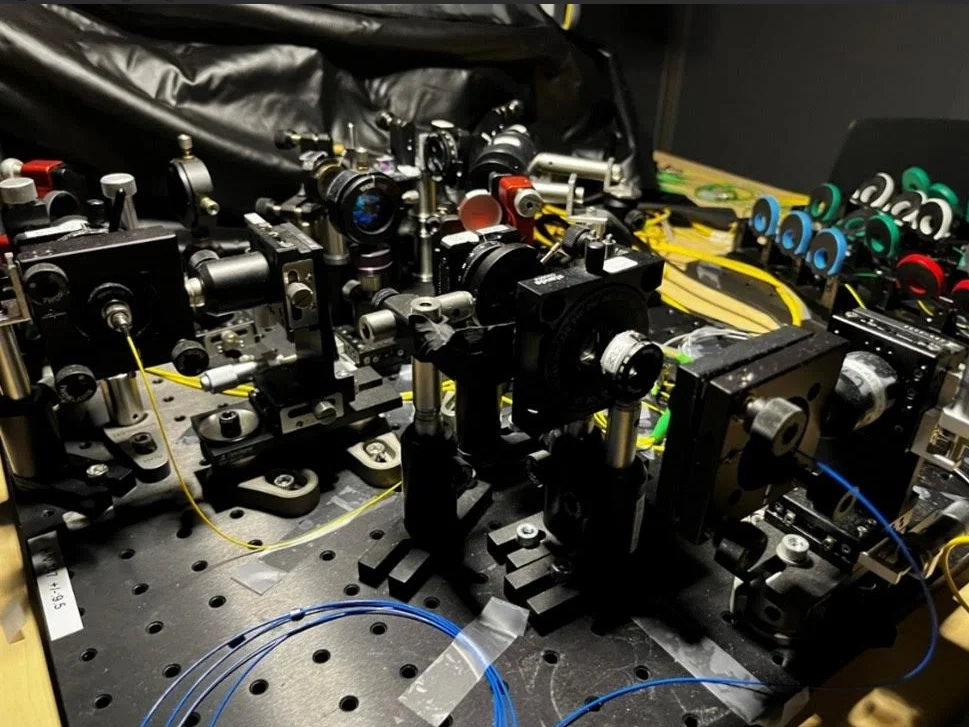 The research on developing new technology using quantum physics has funding from many different sources, one of the largest being the U.S. military. The military has been researching quantum technology for decades, with projects going back as far as the 1950s. Quantum technology (the application of quantum physics into real-life applications) could give the US military a distinct advantage over other countries when it comes to remote navigation, stealth, or intelligence. In fact, quantum technology has become such an important focus for the U.S. military that it has been adopted by the Defense Science Board (DSB). The DSB is an independent board within the Department of Defense (DOD) made of scientific advisors who help advise the military on scientific research for new weapons and technology. The DSB was first created in 1956, with the goal of having a designated group of scientists who would advise the DOD on scientific research, as well as help to advise on new scientific knowledge and advancement.
The research on developing new technology using quantum physics has funding from many different sources, one of the largest being the U.S. military. The military has been researching quantum technology for decades, with projects going back as far as the 1950s. Quantum technology (the application of quantum physics into real-life applications) could give the US military a distinct advantage over other countries when it comes to remote navigation, stealth, or intelligence. In fact, quantum technology has become such an important focus for the U.S. military that it has been adopted by the Defense Science Board (DSB). The DSB is an independent board within the Department of Defense (DOD) made of scientific advisors who help advise the military on scientific research for new weapons and technology. The DSB was first created in 1956, with the goal of having a designated group of scientists who would advise the DOD on scientific research, as well as help to advise on new scientific knowledge and advancement.
The DSB isn’t the only agency the military uses for researching quantum technology. There have been several legislative documents put into place that specifically address this research. For example, section 234 of the F42019 National Defense Authorization Act (NDAA) directs the Secretary of Defense to set up a quantum technology research and development program in tandem with the private sector and other government groups through the Under-Secretary of Defense for Research and Engineering. Besides this legislation, Section 220 of the FY 2020 (NDAA) requires the DOD to develop ethical guidelines for the use of quantum technology, and to plan for the quantum workforce, as well as reduce any cyber security risks that might be due to using quantum technology. Not only is the military designating funding for this research, but also enforcing ethical guidelines in using this technology.
According to a neutral third-party congressional research service called the Defense Primer, the DSB has found three specific applications of quantum technology when it comes to military advancement. These three applications include quantum sensing, quantum computers and quantum communications.
Quantum Sensing and Stealth

Quantum sensing is a tricky topic to fully understand, as much of the research is still ongoing. Quantum sensing works by using properties of quantum mechanics to beat the current limits of sensor technology. Many times, quantum sensing uses photons or individual atoms to make the technology more cutting edge and more sensitive for accurate data. According to Defense Primer, quantum sensing could make it easier to use GPS and other navigation tools in extremely remote areas, where GPS navigation is nearly impossible. This better sensing could also be used to detect electromagnetic emissions, which would enhance the military’s capability for electronic warfare.
According to the US Naval Institute (USNI), quantum sensing could be used for better submarine detection, specifically regarding stealth submarines and their ability to detect more objects above their previously limited radar. In 2018, the China Electronics Technology Group Corporation (CETC) unveiled a prototype radar that could supposedly detect stealth aircraft in flight.
In a MIT Technology Review article, Lockheed Martin proposed using a quantum compass for American sailors to use for better navigation. This quantum compass would be made of microscopic synthetic diamonds with atomic flaws. These atomic flaws, also known as nitrogen vacancy centers (NV centers), could emit a light when a laser was shined on them, varying in its intensity according to the surrounding magnetic field. Using Earth’s magnetic field, this light variance could then be used to enhance the navigation of American sailors, especially in extremely remote locations.
Quantum Computing and weapons
Besides quantum sensing, the U.S. military looked heavily into using quantum computers to enhance their weapons. Unlike regular computers, quantum computers use specialized pieces to run algorithms and answer extremely difficult math and computer problems at lightning-fast speeds. These computers have many benefits for warfare applications, including better target identification for autonomous weapons. Defense Primer posited that quantum computers could make military weapons fully autonomous, with no need for any human interaction.
Quantum computers are also effective at running simulations. The military can use these simulations to demonstrate military deployment, possible strategies, and other scenarios to develop better strategies for warfare.
Quantum Communications and Data Encryption
Quantum communications, the final topic addressed by the DSB, is perhaps the most important for military applications. Quantum communications is similar to quantum information processing and quantum teleportation, but focuses specifically on encryption. One type of encryption is known as Quantum Key Distribution (QKD): QKD works by sharing an encryption key between two people so they both can use the key to decrypt the encrypted data. This encryption could make all military data and strategies more protected from possible leakage. QKD can also determine if someone is trying to hack into the encrypted data. Dr. Joshua Bienfang of the National Institute of Standards (NIST) stated: ‘[QKD is] sort of like a wax seal on a letter, security is based on knowing whether someone is eavesdropping on the quantum channel, and this is fundamentally different from classical key-distribution methods.”
Quantum communications has already made its debut in 2021 when China launched the world’s first quantum satellite. “Micius,” the satellite, has been able to use QKD to encrypt sensitive information, including a video conference meeting between Beijing and Vienna. It has not yet been publicly announced if the US will launch its own quantum satellite in response. What is clear is that the US military will continue to use quantum technology to enhance its advantage over other countries. As long as quantum physics keeps advancing, the military will be right behind it, figuring out different ways to apply this new phenomenon.
References:
Buchholz, Scott, Mariani, Joe, Routh, Adam, Keyal, Akash, Kamleshkumar Kishnani Pankaj “The Impact of Quantum Technology on National Security | Deloitte Insights.” 7 February 2020.
“Defense Primer: Quantum Technology.” Congressional Research Service. 7 June 2021.
Giles, Martin. “The US and China Are in a Quantum Arms Race That Will Transform Warfare.” MIT Technology Review. 3 January 2019.
“Report on Military Applications for Quantum Computing.” 2021. USNI News. May 27, 2021.
van Amerongen, Michael. “NATO Review – Quantum Technologies in Defence & Security.” 2021. NATO Review. June 3, 2021.
For more market insights, check out our latest quantum computing news here.
















